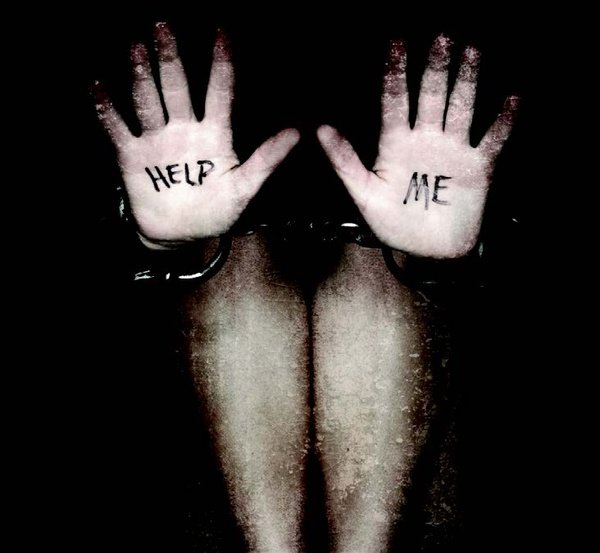The Vietnamese government should publicize compensation records and stop suppressing protests against a Formosa Plastics Group’s subsidiary’s chemical spill, dozens of Vietnamese workers said yesterday at a rally outside the Vietnam Economic & Culture Office in Taipei.
At the protest, organized by the Hsinchu Diocese of the Catholic Church’s Vietnamese Migrant Workers and Brides Office, workers were also joined by several local human rights groups in shouting slogans calling on Hanoi to stop using violence to protect the firm.
A chemical spill last year at the Formosa Ha Tinh Steel Corp plant in Vietnam is said to have led to a massive fish kill, which critics say is among the nation’s worst-ever environmental disasters.
While Formosa Plastics agreed in June last year to pay US$500 million in compensation to the Vietnamese government in June last year, protesters yesterday said that government payments to individuals have been limited and insufficient.
“After the chemical spill, there was no way to make a living, so I had to sell my boat cheaply, but I never received any compensation,” Tran Van Quang said, adding that he was a fisherman for 20 years, but had been forced to become a migrant worker after the market for locally caught fish collapsed.
Nguyen Van Quoc, who said he had only received US$1,600 compensation for the loss of his livelihood, called for Hanoi to push the firm out of the country and provide work for the fishermen who lost their jobs.
Protesters also condemned Hanoi for allegedly violently suppressing a protest march against the firm in Vietnam last month, prominently displaying photographs of injured protesters and staging a skit reenacting the alleged violence.
“The protesters were non-violent and all their demands were related to the chemical spill, but the Vietnamese government chose to beat them in order to protect the firm,” Migrant Workers and Brides Office executive director Nguyen Van Hung said.
Covenants Watch chief executive officer Huang Yi-bee (黃怡碧) said that Hanoi had initially tolerated the protests, but eventually went on to suppress even online discussion.
While about half of yesterday’s protesters wore face masks to protect their anonymity, others used their cellphones to post live video streams and interviews to social media.
“Right now I am too angry to be scared,” a barefaced protester Nguyen Viet Ca said.
“Often when the government uses violence, they claim that we charged them first, but posting our own video on Facebook assures that they cannot shrug off responsibility,” Nguyen Thi Kim Anh said, adding that she had traveled to the protest site from her factory in Taoyuan following an all-night shift.
A Vietnamese official surnamed Tram accepted the protesters’ petition, but declined to answer any questions.







